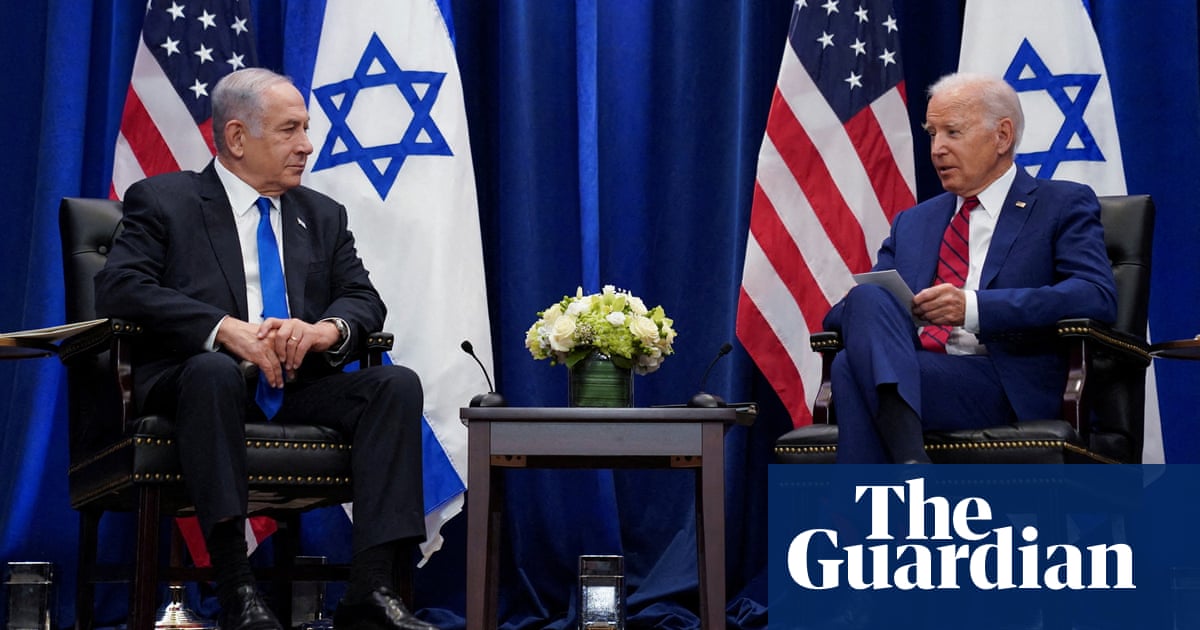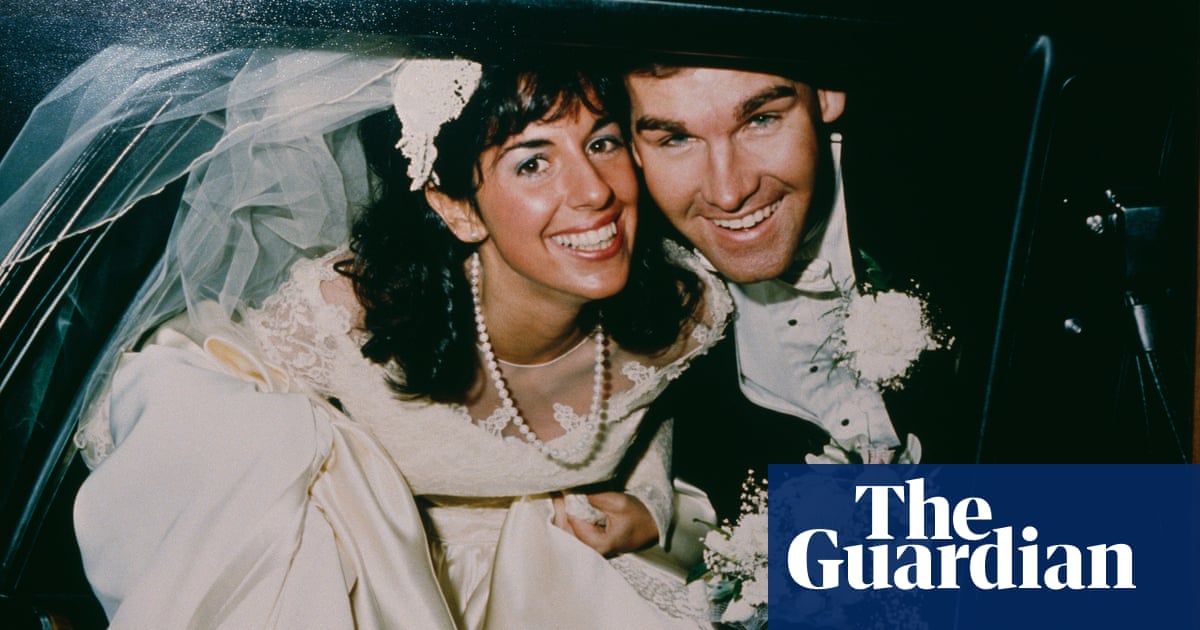
n 19 April 2018, Steve Walker checked his phone as he left the gym and saw an explosion of missed calls and texts from his brothers and sisters. When he noticed that the only sibling not getting in touch was his older brother Delroy, he knew something terrible had happened to him.
It is hard to listen to Walker’s account of his brief conversation with his sister Jackie as he got on a train to go home that evening. He cries as he remembers how he asked her not to tell him the news straight away, not while he was surrounded by commuters, but to call again in half an hour, when he got home. Later she rang to say their brother, who a few months earlier had retired to Jamaica aged 63, had been murdered.
In Jamaica: A Brother’s Story (Radio 4), Walker, who has worked as a technician for BBC news for 30 years, travels to Jamaica to try to work out what happened. His investigation goes beyond police inquiries to become an exploration of identity and emigration and the complications of returning to your birth country after decades away.
Delroy had always wanted to move back to the country he left as a child, when his parents emigrated to Britain as part of the Windrush generation. “He had left Jamaica, but Jamaica had never left him.” He was beginning to enjoy life there: growing his own mangoes in his new garden; doing up his house. He had refused to install bars on his windows as protection against the violent crime that has risen markedly in parts of the country in the past two decades, saying cheerfully that he didn’t want to live in a prison.
Scores of British nationals have been killed in Jamaica since returning to retire there over the past 20 years. Percival Latouche, the president of the Jamaica Association for the Resettlement of Returning Residents, says he has been to 165 funerals of murdered British, American and Canadian returnees. He tells people tempted by the white sands and fresh fruit and thinking of moving back to “stay away”.
People think “everything is going to be going to be nice and dandy. It isn’t,” he tells Walker in this heart-rending documentary. Jamaica has the second-highest murder rate in the world, according to UN figures; with a population of 2.9 million and more than 1,600 murders a year, its murder rate is nearly 50 times that of the UK. A group of retired British Jamaicans explain that there is jealousy towards those who have spent their lives in the UK. “Once you come from overseas, people think you have money, whether it is true or not.”
Walker describes cleaning up the blood-splattered walls, floor and ceiling of his brother’s dream retirement home. Tipped-up furniture and smashed window panes made it obvious that he had fought for his life. Delroy was alone when he was stabbed to death.
But the most disturbing part of Walker’s investigation is not the description of the violent attack, but the casually unhelpful response of the British high commission in Kingston. This same diplomatic mission behaved atrociously towards victims of the Windrush scandal, failing to help them return to their homes in Britain after they had been wrongly classified by the Home Office as illegal immigrants, and deported. For years, the high commission steadfastly ignored their difficulties as they were stranded, penniless and desperate in an unfamiliar country.
Walker says that he and his family were treated with a similar offhand manner when they sought help from the high commission in the weeks after the murder. “When we got to the meeting, they said he wasn’t British, or British enough, so they couldn’t support us in the same way they would have done if he was a British national. For me, that was a shock. That devastated me,” Walker says.
The family had to deal first with the horrific murder and then with the unforgivable indifference of British bureaucracy. Delroy had dual citizenship, but had lived in Britain for more than half a century. Later in the programme, Walker extracts a concession from foreign office staff that Delroy was a British national and should not have been defined in any other way.
Two men who had been doing work on Delroy’s house were arrested and remain in prison, two years on, with no trial date set.












